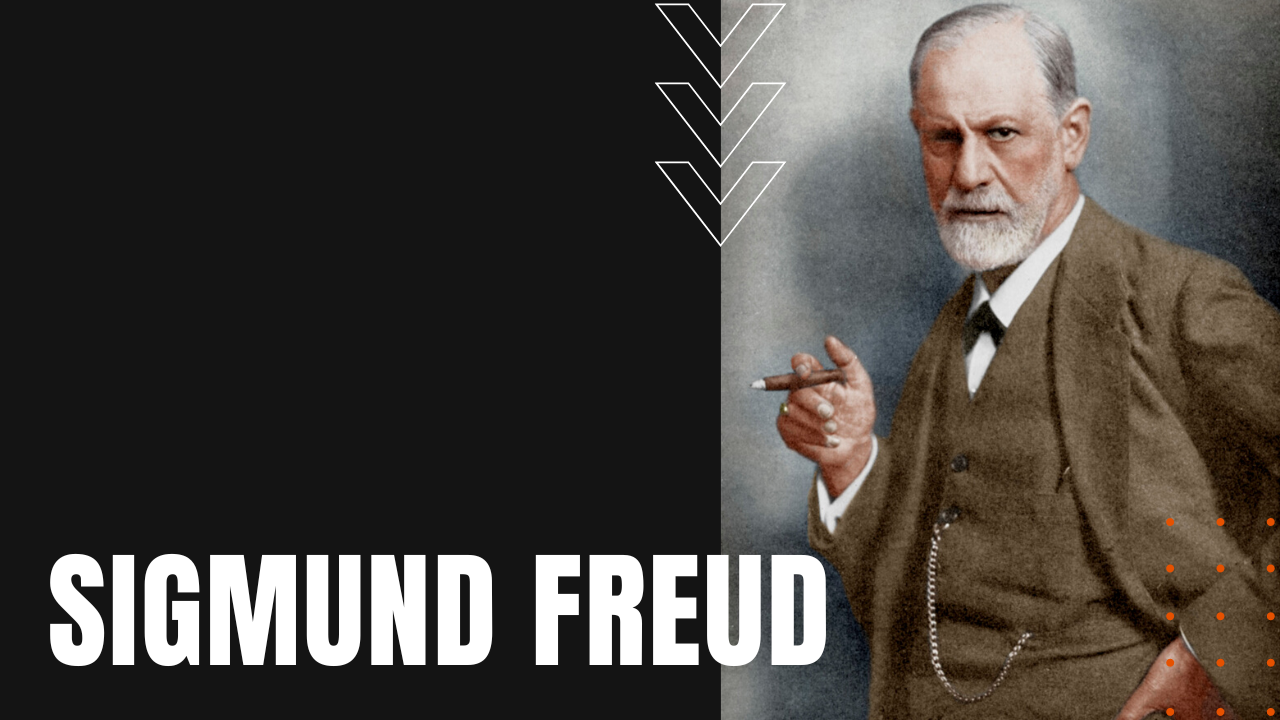Sigmund Freud: Biography of Freud’s Theories, Life and Death

Born in 1856 Freiberg Austria—now part of the Czech Republic—after graduating from medical school in 1881, Sigmund Freud opened a private practice in Vienna, where he treated people suffering from psychological disorders. Greatly influenced by his Viennese colleague, Josef Breuer, the two went their separate ways after Freud proved unwilling to consider other points of view besides his own, in particular, Freud’s insistence on the sexual origins of a given patient’s neuroses.
Sigmund Freud’s Theories
Authoring a number of seminal books on psychoanalysis, Freud’s many theories included the Id, ego and superego, which most clinical practitioners believe to be the three essential building blocks of human personality and behavior.
Another forefront theory was Freud’s postulation of psychic energy, including libidinous sexual urges which Freud felt was the true governance of all human actions. He also proposed the Oedipus complex, suggesting that sexual attraction to one’s opposite-sex parent was a normal part of child development, while his analysis of dreams led Freud to the conclusion that dreams allowed the human mind to cope with problems and daily struggles at a deeply subconscious level.
Freud’s Peer Review, Life, and Death
At first, most of Freud’s contemporaries downplayed his work due to his emphasis on sexuality, which many felt was both scandalous and less critical to the psychology of humans. Over the years, Freud’s work has been both lauded and hotly challenged, yet to date, no single researcher has influenced human psychology more than Sigmund Freud.
After the 1916 publication of his Five Lectures on Psycho-Analysis, his fame skyrocketed in the oftentimes fuzzy discipline of clinical psychology. In 1938, Freud fled Austria to escape persecution by the Nazis, committing suicide in England on September 23rd, 1939, following a protracted battle with oral cancer, making Sigmund Freud, a groundbreaking pioneer in the study of the human mind.
